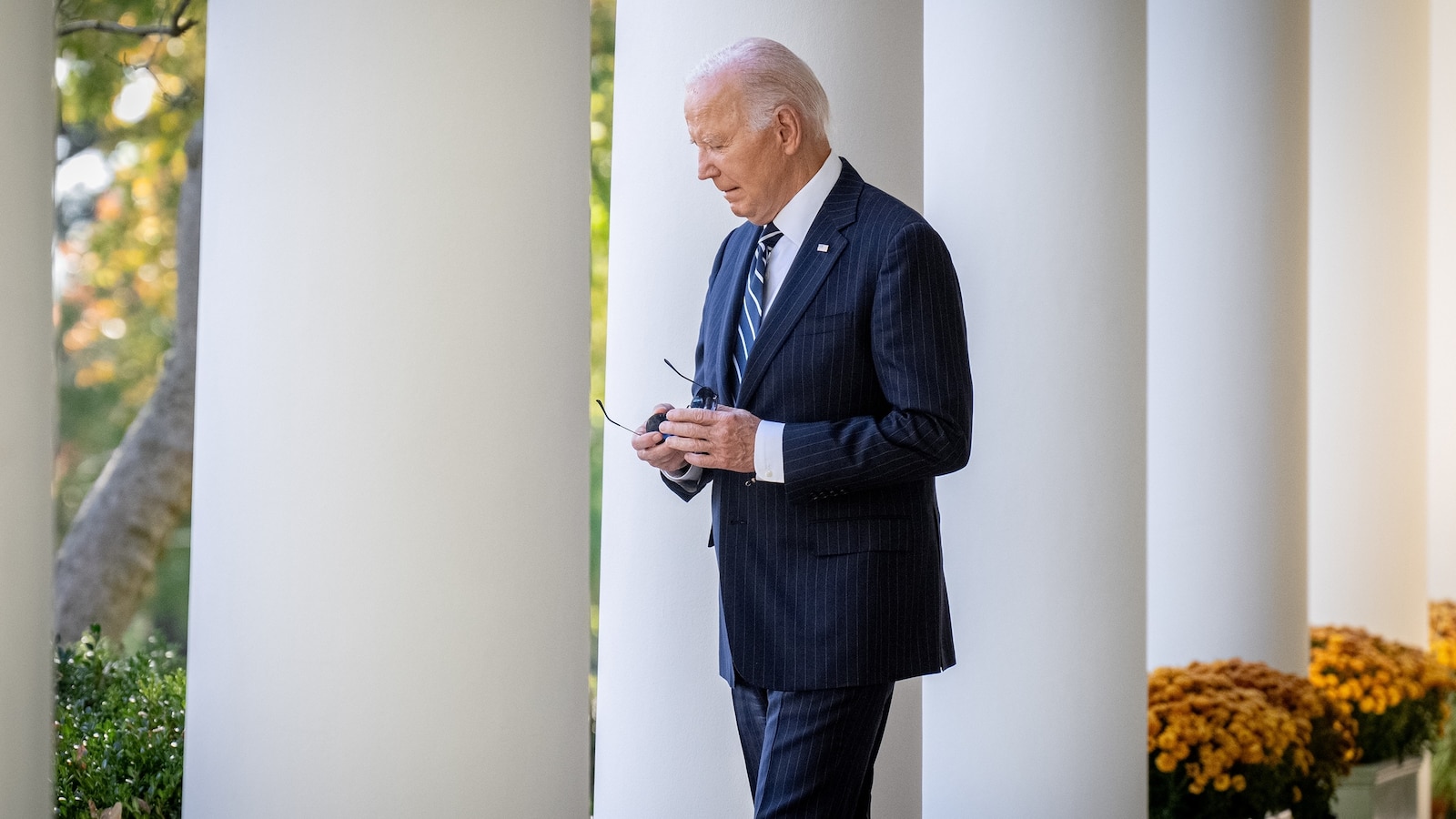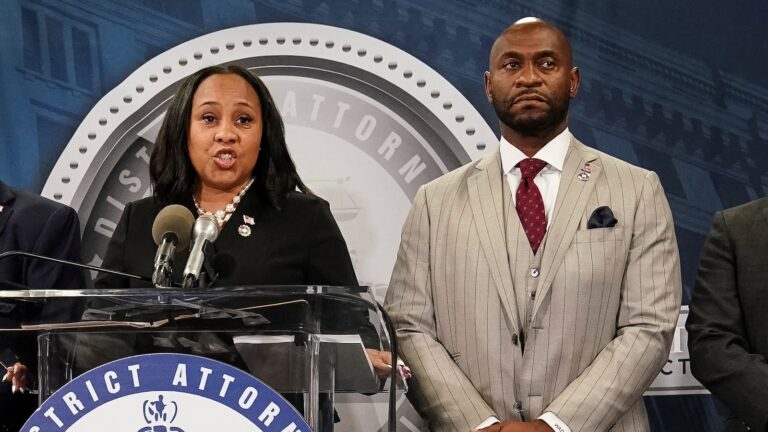Judge rules Biden’s ‘Keeping Families Together’ program for undocumented spouses is illegal
In a recent decision, a federal judge ruled that President Joe Biden’s “Keeping Families Together” program, which allows undocumented spouses of U.S. citizens to remain in the country while they apply for legal status, is illegal. The ruling comes as a blow to the Biden administration’s efforts to reform the immigration system and provide relief to undocumented immigrants living in the United States.
The program, which was implemented earlier this year, aimed to provide a pathway to legal status for undocumented spouses of U.S. citizens who meet certain criteria, such as being married for at least two years and passing a background check. Under the program, these individuals would be granted a temporary reprieve from deportation while their applications for legal status were being processed.
However, the judge in this case found that the program exceeded the authority of the executive branch and violated existing immigration laws. In his ruling, the judge stated that only Congress has the power to create new pathways to legal status for undocumented immigrants, and that the Biden administration’s program was an overreach of executive authority.
The ruling has sparked controversy and debate among immigration advocates and policymakers. Supporters of the program argue that it is necessary to keep families together and provide relief to undocumented immigrants who are contributing to society. They argue that the current immigration system is broken and in need of reform, and that the Biden administration’s program was a step in the right direction.
On the other hand, opponents of the program argue that it undermines the rule of law and sets a dangerous precedent for future immigration policies. They argue that allowing undocumented immigrants to remain in the country without proper legal status only encourages more illegal immigration and puts a strain on the country’s resources.
It remains to be seen how the Biden administration will respond to the judge’s ruling and whether they will appeal the decision. In the meantime, undocumented spouses of U.S. citizens who were relying on the “Keeping Families Together” program will now have to seek alternative options for legal status.
Overall, this ruling highlights the complexity and contentious nature of immigration policy in the United States. As the debate over immigration reform continues, it is clear that finding a solution that balances the needs of undocumented immigrants with the requirements of existing laws will be a difficult and challenging task.






